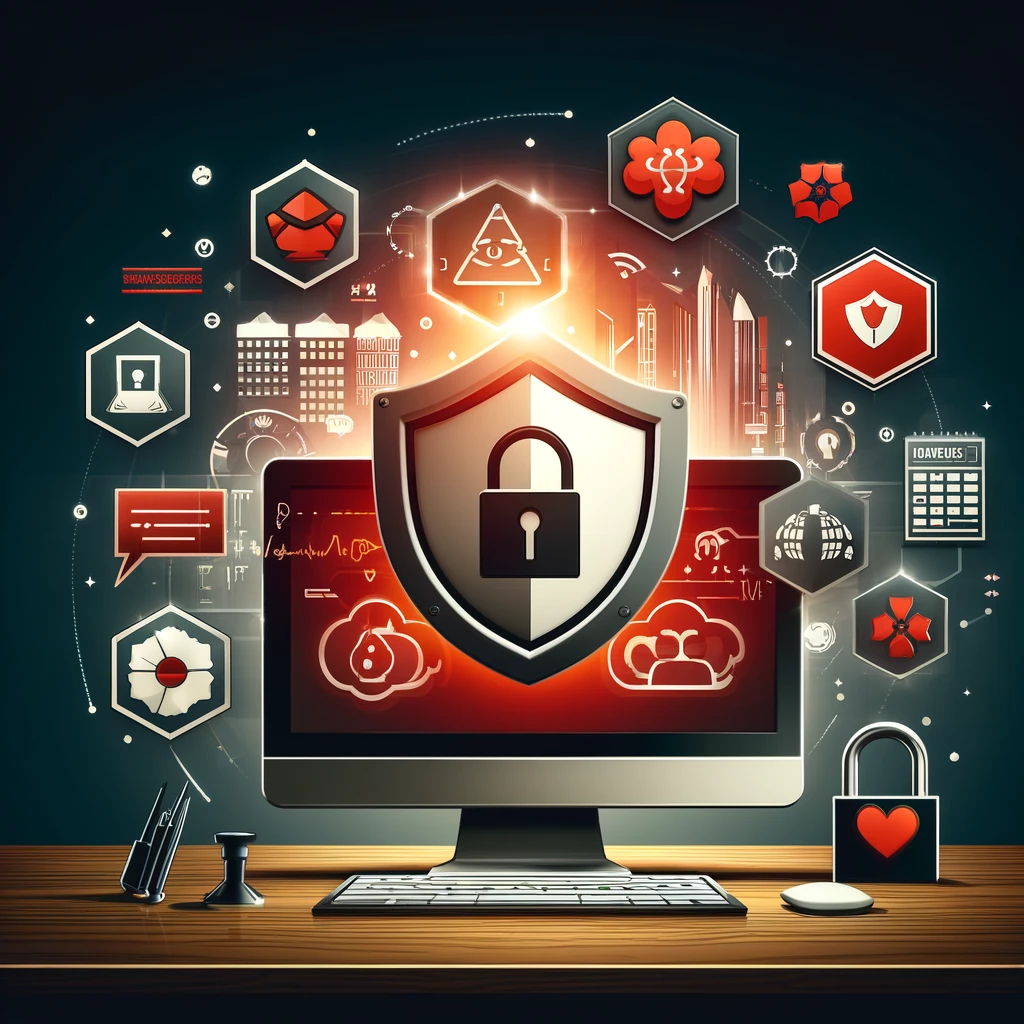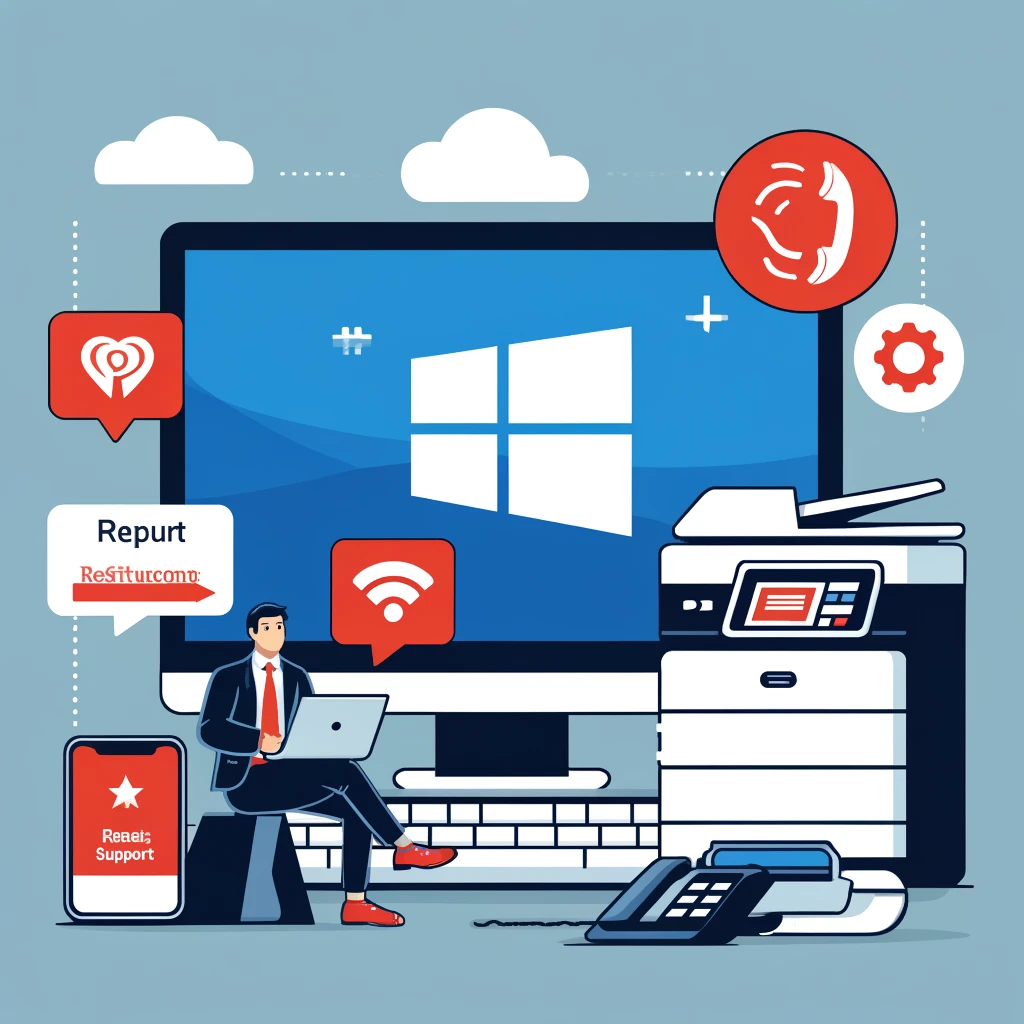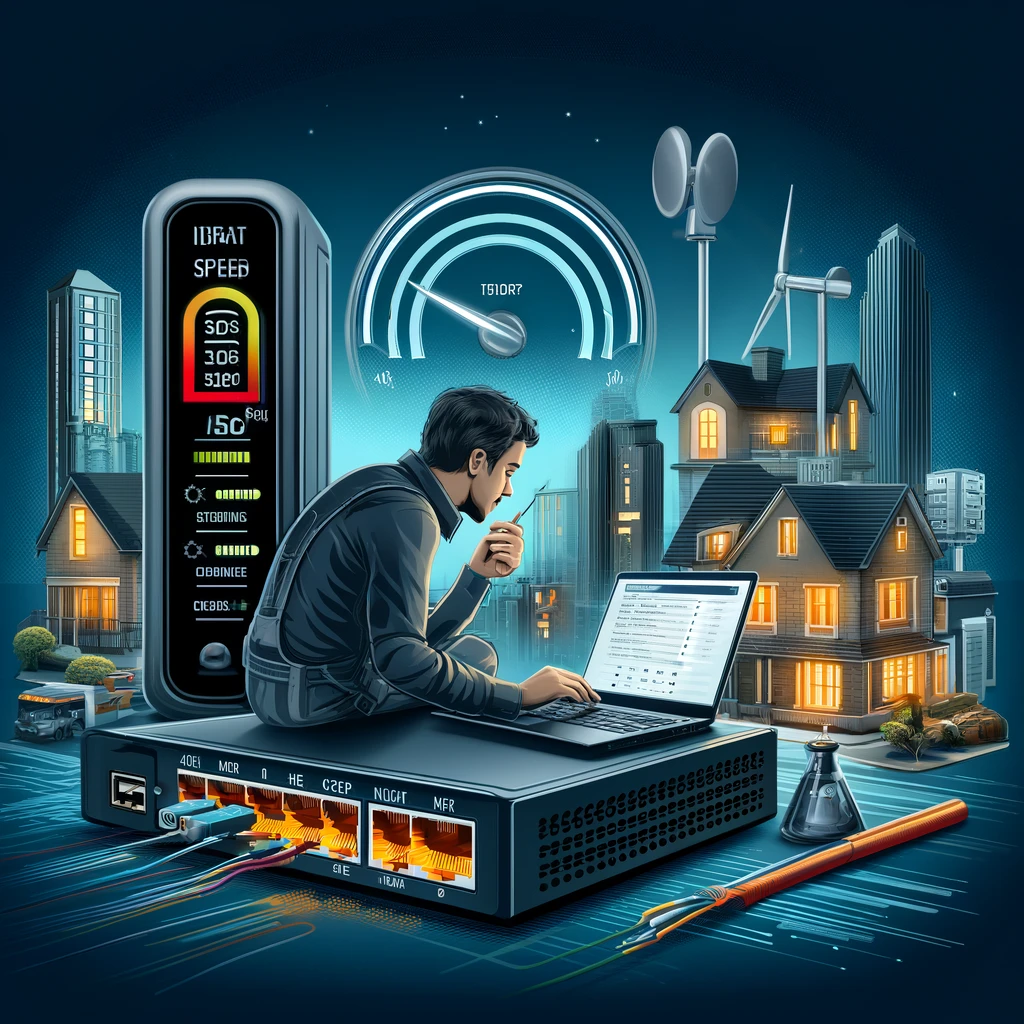Essential Cybersecurity Tips for Small Businesses and Nonprofits
In today’s digital age, cybersecurity is more important than ever, especially for small businesses and nonprofits. These organizations often have limited resources and may not prioritize cybersecurity, making them attractive targets for cybercriminals. Implementing robust security measures is crucial to protect your data, your systems, and your reputation. Here are some essential cybersecurity tips to help safeguard your organization.
Understand the Importance of Cybersecurity
Cybersecurity involves protecting your systems, networks, and data from cyberattacks. These attacks can result in data breaches, financial losses, and damage to your reputation. For small businesses and nonprofits, the consequences can be devastating. Understanding the importance of cybersecurity is the first step in protecting your organization.
Common Threats
It’s important to be aware of the common threats that your organization may face:
- Phishing: Cybercriminals send deceptive emails to trick users into providing sensitive information, such as passwords or financial details.
- Malware: Malicious software designed to damage or gain unauthorized access to systems. This includes viruses, ransomware, and spyware.
- Data Breaches: Unauthorized access to sensitive data, often resulting from weak security measures.
Best Practices for Securing Your Network
Keep Software Up to Date: Regularly update your operating systems, software, and applications to protect against vulnerabilities. Enable automatic updates whenever possible.
Use Strong Passwords: Ensure that all employees use strong, unique passwords for their accounts. Consider using a password manager to generate and store complex passwords securely.
Enable Multi-Factor Authentication (MFA): Implement MFA for all accounts. This adds an extra layer of security by requiring users to verify their identity using a second factor, such as a text message or authentication app.
Secure Your Wi-Fi Network: Change default router settings, use strong passwords, and enable network encryption (WPA3) to protect your Wi-Fi network from unauthorized access.
Regular Backups: Regularly back up your data to a secure location. This ensures that you can restore your information in the event of a cyberattack or hardware failure.
Employee Training and Awareness
Your employees play a critical role in maintaining cybersecurity. Provide regular training sessions to educate them on:
- Recognizing phishing attempts and suspicious emails
- Safeguarding sensitive information
- Following security protocols and best practices
An informed and vigilant workforce is one of your best defenses against cyber threats.
Develop a Cybersecurity Policy
Create a comprehensive cybersecurity policy that outlines the security measures, protocols, and responsibilities for your organization. Ensure that all employees are aware of and adhere to these policies.
Incident Response Plan
Prepare for the possibility of a cyberattack by developing an incident response plan. This plan should include steps to identify, contain, and mitigate the effects of an attack. Regularly review and update the plan to ensure its effectiveness.
Utilize Professional IT Services
Consider partnering with a professional IT service provider, like Spark Bridge Solutions, to help manage your cybersecurity needs. We can provide expert advice and advanced security measures to keep your organization safe.
By implementing these cybersecurity tips, you can significantly reduce the risk of cyberattacks and protect your organization’s valuable data. Remember, cybersecurity is an ongoing process, and staying informed about the latest threats and best practices is essential. If you need assistance with your cybersecurity strategy, Spark Bridge Solutions is here to help.




